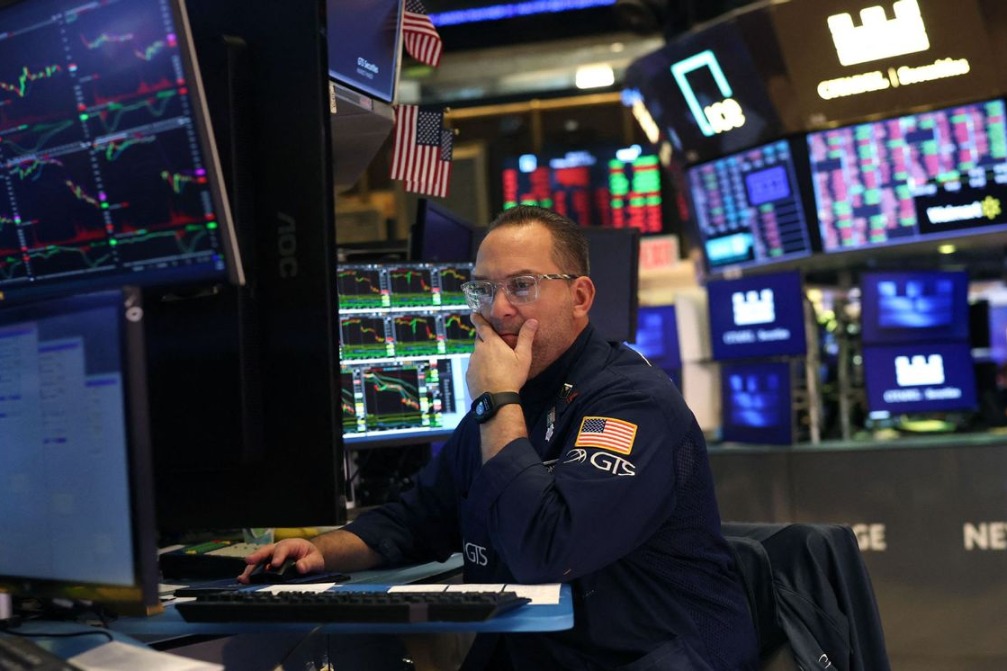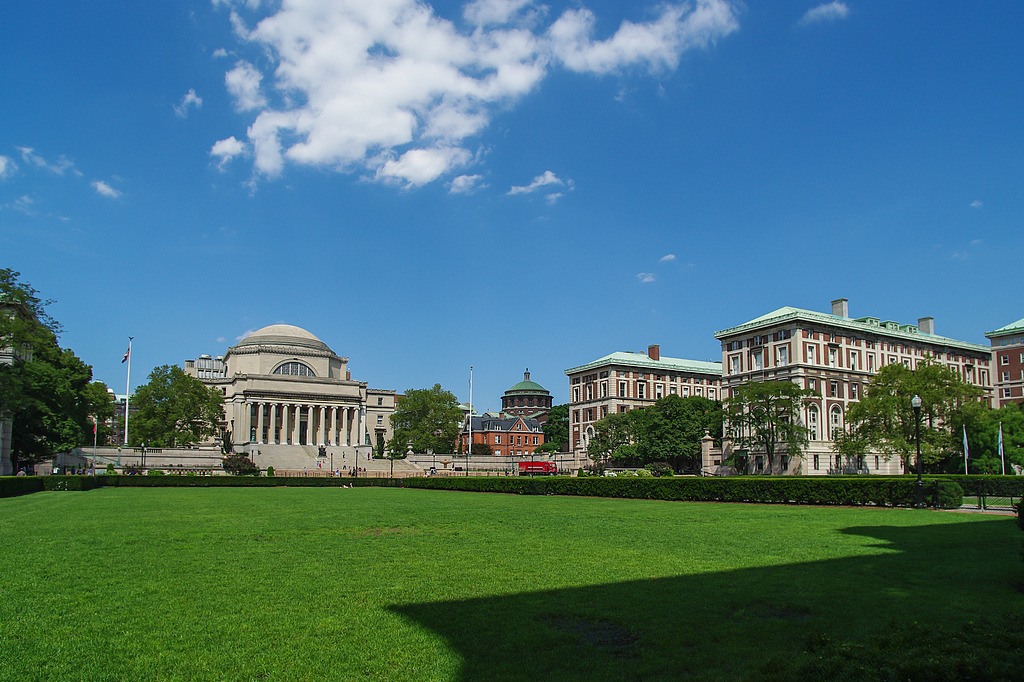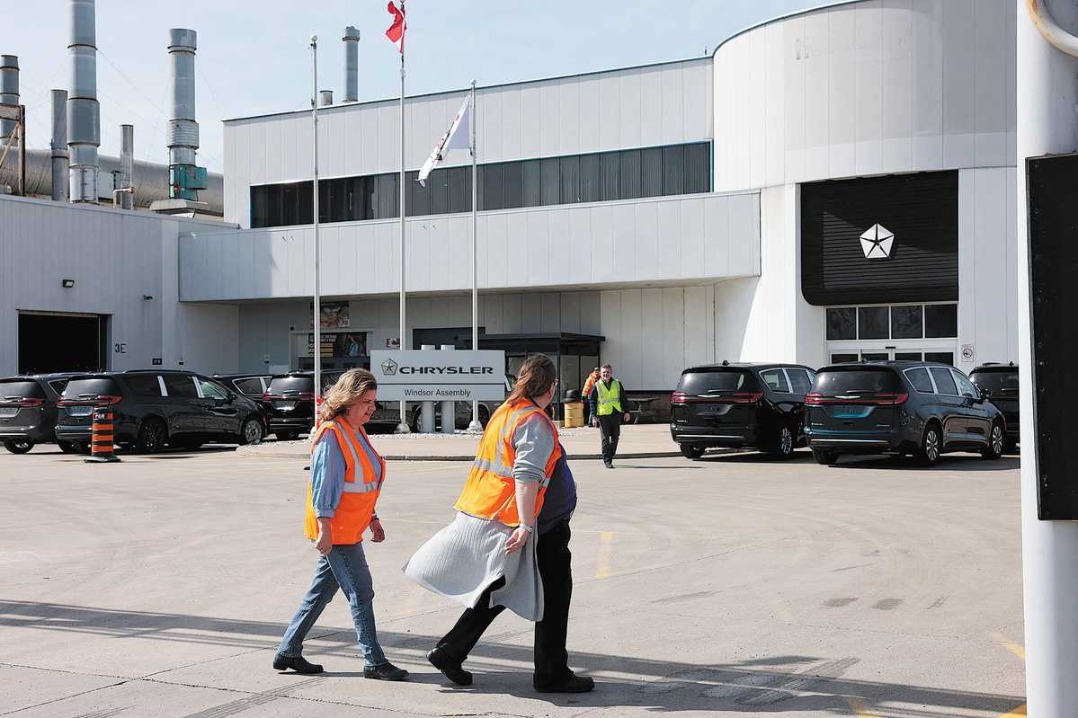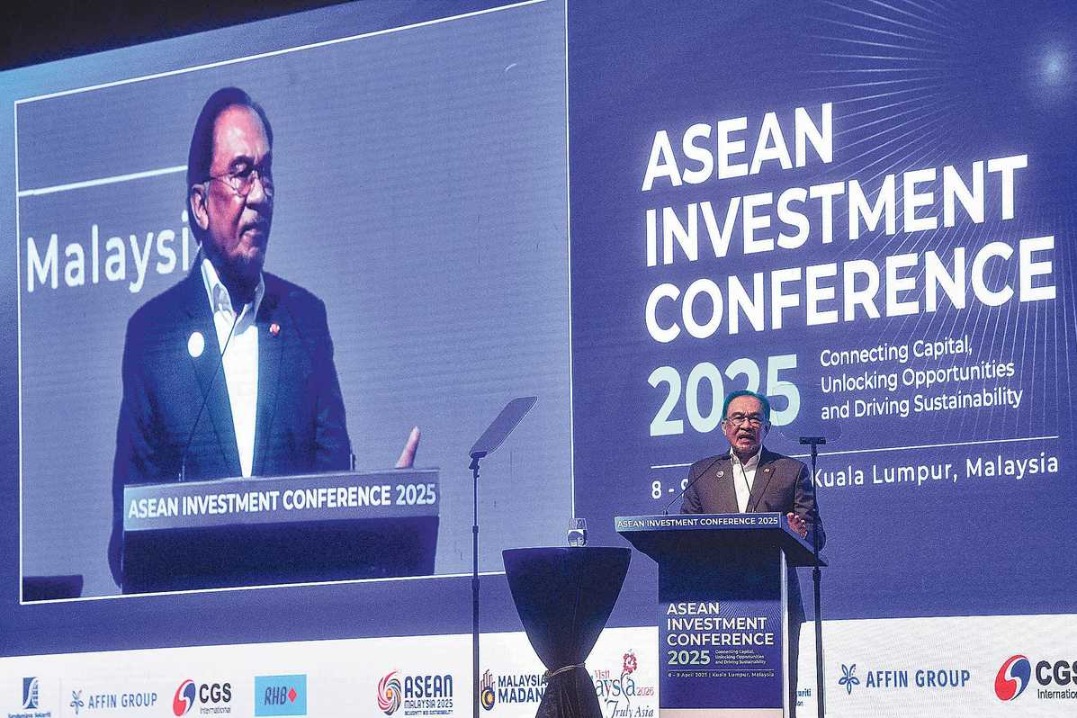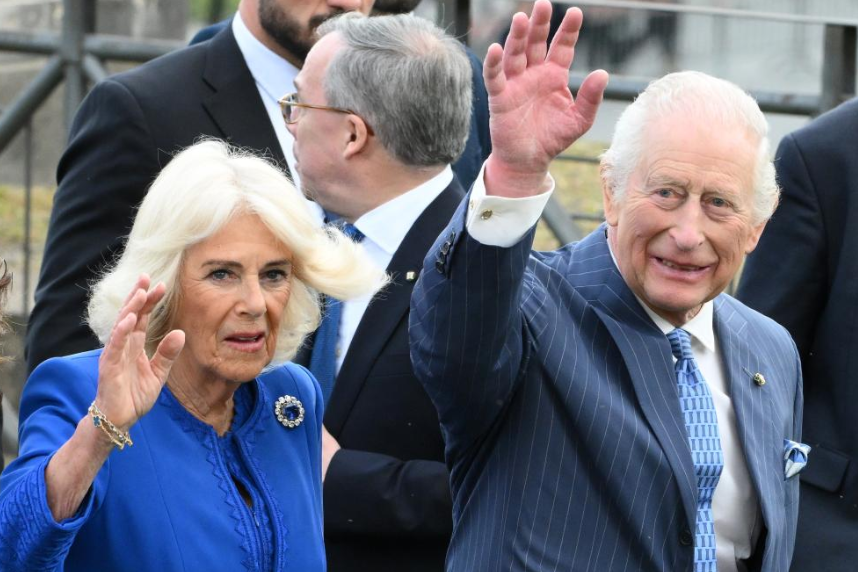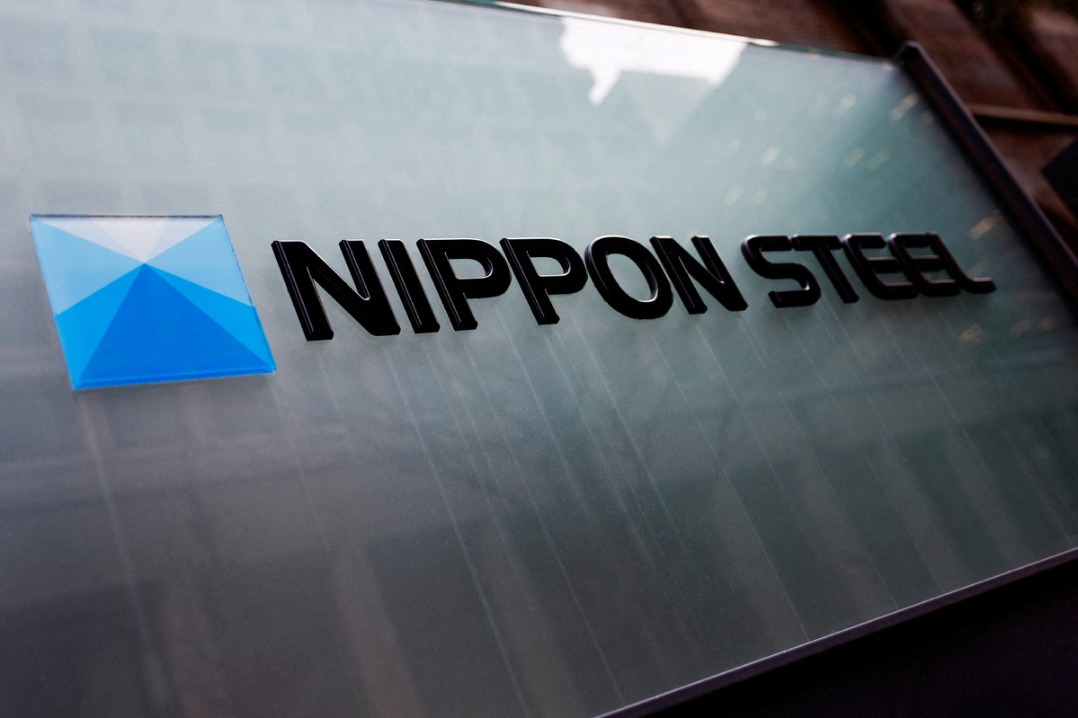Tariff fallout continues as opposition voiced

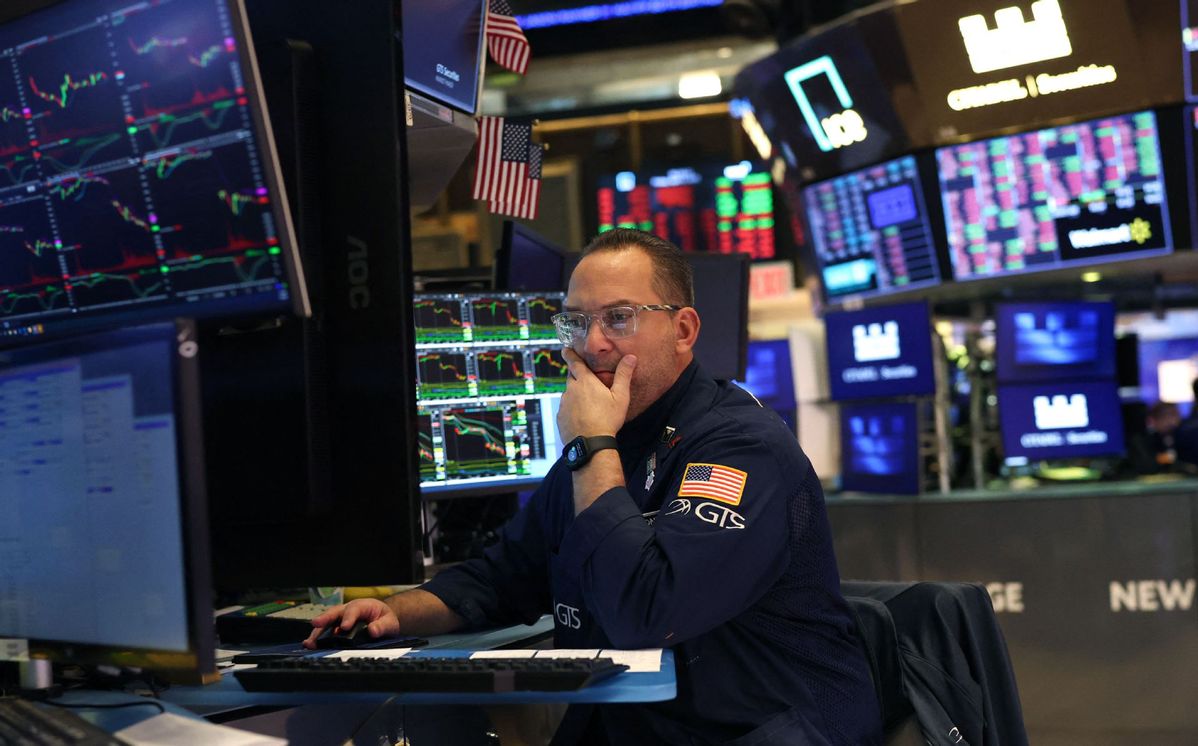
US President Donald Trump on Tuesday raised the total tariff on Chinese imports to more than 120 percent, which will have a widespread impact on trade between the world's two largest economies, according to experts and politicians.
"There is tremendous uncertainty about the future of US-China trade," said Z. John Zhang, professor of marketing at The Wharton School at the University of Pennsylvania, to China Daily.
"In public, I can imagine that governments may say one thing, but hopefully in private they will find a way to negotiate and accommodate each other. But at this point, that uncertainty is at its highest."
The US has significantly escalated tariffs on Chinese goods in recent years. From an average of 19-20 percent in 2018 and 2019, the rate increased by 20 percent earlier this year, followed by an additional 34 percent in April, bringing the current cumulative total to approximately 74 percent. With the latest 50 percent hike, the total burden could reach 124 percent.
The additional 50 percent levy on Tuesday, confirmed by White House press secretary Karoline Leavitt, was on top of a 34 percent reciprocal tariff that Trump imposed on China on April 2. There also were two previous tariff increases of 10 percent each. The latest levies will take effect at 12:01 am ET Wednesday.
The 50 percent tariff was in response to Beijing's 34 percent reciprocal levies on US goods. Trump had issued an ultimatum to China to halt its new tariff on US goods or face new levies.
But China did not back down, and its own tariffs will begin April 10.
China's Commerce Ministry said on Tuesday that it firmly opposed the 50 percent tariff, describing it as a "mistake on a mistake". China vowed to raise its tariffs on US goods further.
"If the United States insists on having its way, China will fight to the end," the Commerce Ministry said.
Zhang explained that Trump likely crafted his reciprocal tariff policy based on the trade deficit between the countries going back decades.
Many other nations will see the start of their tariffs from the April 2 "Liberation Day" on Wednesday.
Despite tense trade relations, the US-China relationship proved vital for both countries last year, as it generated valuable two-way trade.
In 2024, China was the third largest trading partner of the US behind Mexico and Canada. Imports from China to the US were $439 billion last year. The US exported around $144 billion worth of goods to China, data shows.
The proposed changes will likely hurt American consumers, according to an economist.
Justin Wolfers, a professor of economics and public policy at the Gerald R. Ford School of Public Policy at the University of Michigan, wrote on X: "I don't see how 104 percent tariffs on China will help Americans, and I see lots of ways they'll hurt."
A handful of Republicans, including US Senator Susan Collins, a Maine Republican, and US Senator Ted Cruz, a Texas Republican, have expressed concern over the tariffs.
US Senator Rand Paul, a Kentucky Republican, has been the most vocal. He said that he has received support from several Republican colleagues who admit in private that they are unhappy over Trump's tariffs.
"They whisper in my ear, 'free trade is good,'" he told CNBC. "Keep going. Keep going. But they do not want to say it because of the politics of it all.
"The whole debate is so fundamentally backwards and upside down," Paul said. "It's based on a fallacy. And the fallacy is that somehow in a trade someone must lose. That somehow, when you trade with someone, there's a loser, and someone's taking advantage of you, and China's ripping you off, or Japan's ripping you off."
US markets swung widely Tuesday upon news of the extra tariffs on China in another chaotic day on Wall Street.
Stocks had rallied briefly in the morning. At the start of trading, the S&P 500 posted a big gain, rising 4 percent, but the index slumped in late trading, ending 1.6 percent lower. The Nasdaq Composite closed more than 2 percent down.
Markets around the world have been unsettled since Trump announced reciprocal tariffs last week.
In one of the first visible public signs of a fracture among Trump's key team of advisers, Elon Musk, the world's richest man, who heads DOGE, the Department of Government Efficiency, made a series of social media posts over the weekend criticizing White House trade adviser Peter Navarro, an architect of the tariff policy.
"A PhD in Econ from Harvard is a bad thing, not a good thing," Musk posted on X, in reference to Navarro.
Navarro hit back, calling Musk a "car assembler" rather than a manufacturer "in many cases", referring to the electric vehicle company Tesla, where Musk is CEO.
Musk responded Tuesday: "Navarro is truly a moron," adding that he was "dumber than a sack of bricks" while defending Tesla.
"Navarro should ask the fake expert he invented, Ron Vara," Musk added. It was in reference to Navarro's fictional economics expert whose name was from an anagram of his last name in his books that championed tariffs.
Musk does not appear to back Trump's tariffs. He had reportedly appealed directly to the president to let up on the levies, but to no avail, sources told The Washington Post.
Musk's brother Kimbal Musk criticized the president's tariff policy on April 7, writing on X: "Who would have thought that Trump was actually the most high tax American President in generations. Through his tariff strategy, Trump has implemented a structural, permanent tax on the American consumer."
He added: "China is run by very smart people. This is not a game that should be played by C-minus students like Peter Navarro."
belindarobinson@chinadailyusa.com

















